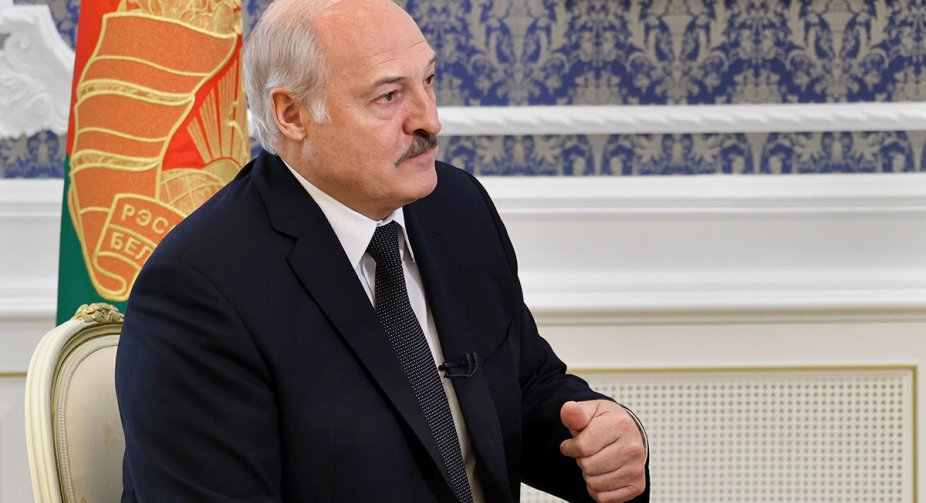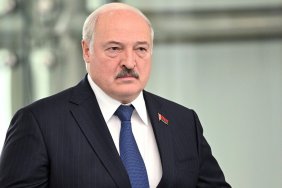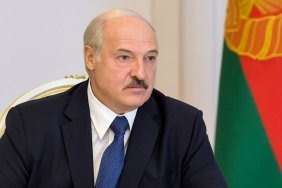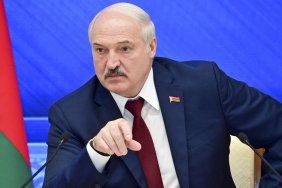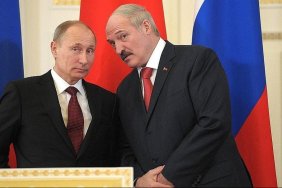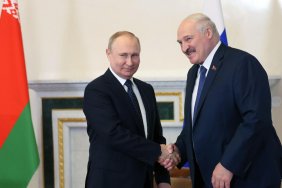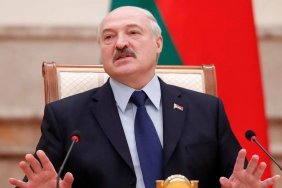Oleksandr Lukashenko came to the migrants in the camp in Bruzgakh, near the Polish border, and gave a 40-minute speech to them.
Lukashenko assured the people that he understood that they "just got into trouble" in search of a better life, and they were not threatened with deportation from Belarus to their home countries, they would be given a free choice between returning home or later trying to enter the EU.
"We Belarusians, and I, too, as president of Belarus, will do whatever you want - even if it's bad for Poles, Latvians or anyone else," said Lukashenko.
He said that Belarus "certainly can't arrange a war to make a corridor through Poland to Germany," but it won't prevent migrants from entering the EU.
"I want you to know that we will by no means detain you, tie your hands, load you into planes and send you home if you don't want to. If you want to go west, we won't grab you and beat you. You go through, you go away. That's the whole philosophy," he said.
Lukashenko claims that during the last day, about 200 migrants have allegedly managed to get through the western border to Poland or Lithuania.
Lukashenko reiterated his statement that Angela Merkel had allegedly agreed to accept about 2,000 migrants in Germany, wishing to join their relatives, who are already in Germany, but "the Poles are blocking it." As a reminder, the Chancellor's spokesman reported that this proposal was rejected.
He also said that the Polish authorities had "lost touch with reality," and called on Poles to "reason with their politicians," who allegedly "want to solve their internal and external problems" with the help of rejected migrants, distracting the attention of Brussels and their own citizens.
It is known that the EU and the G7 countries believe that the migrants ended up on the borders of Poland, Latvia and Lithuania with the assistance of Lukashenko's regime and that this is his hybrid attack in an attempt to gain recognition and lift the sanctions imposed for repression in Belarus.
The EU has agreed on a fifth package of sanctions against Belarus for fomenting the migration crisis, which will include 28 people and organizations.
